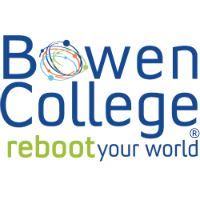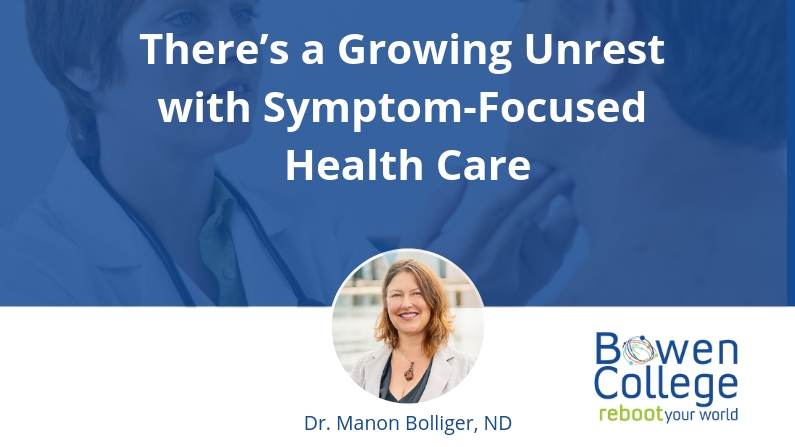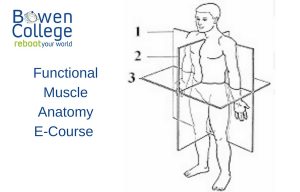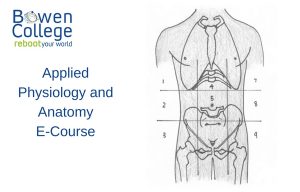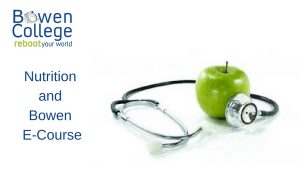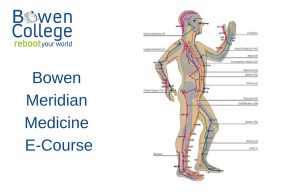In recent posts I explained the limitations of popular current ideas of health as merely the absence of symptoms. Do doctors have a role in expanding the expectations of what is considered health? Can we broaden patients’ views on health or are we merely technicians in the system: filling out prescriptions, enabling the desires of the “consumer” patients? Do commercial interests educate these desires? Is it our role to be educators in health care? How much are our prescriptions aligned with pharmaceutical interests?
Not everyone is comfortable with the industry’s definition of health these days. The disillusioned and the skeptics are growing in numbers. What can we offer them? If they’re not within our scope of practice, do we know where to refer them? Do we know where to find solutions that are compatible with their definition of health or experience of health?
The patient’s relationship to their symptoms is the biggest factor in determining their informed objectives. The spectrum ranges from perceiving symptoms as the body’s enemy, to seeing them as signs that will help to refocus their lives and that are imbued with meaning and wisdom.
A more philosophical and spiritual perspective informs the relationship patients have to their symptoms. It’s a perspective that’s hard to capture in pill form. Even coronary heart disease can be either a prescription for heart and cholesterol medications or a plan for exercise, healthy eating habits, lifestyle modifications and emotional investigations.
At the core of all this is comprehending patients’ relation to their symptoms. This we’ll look at more closely in my next post.
